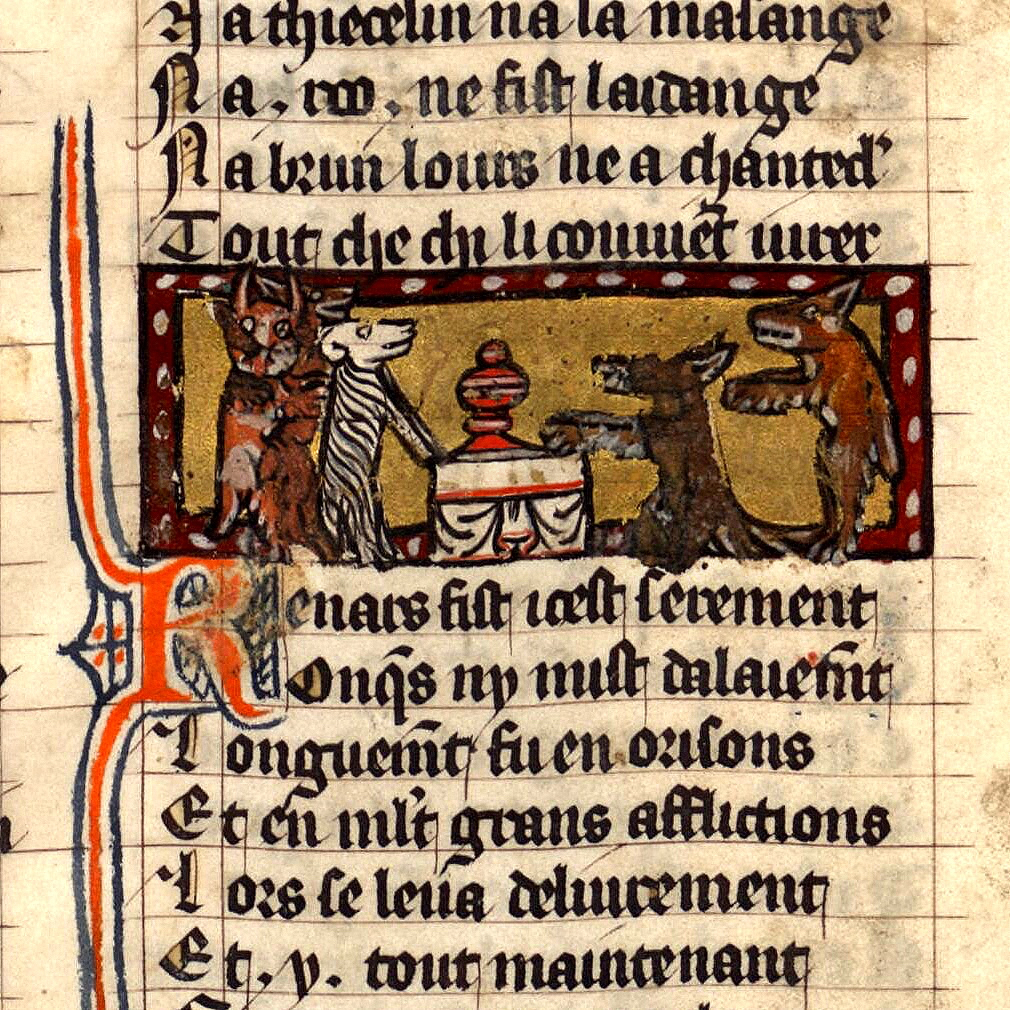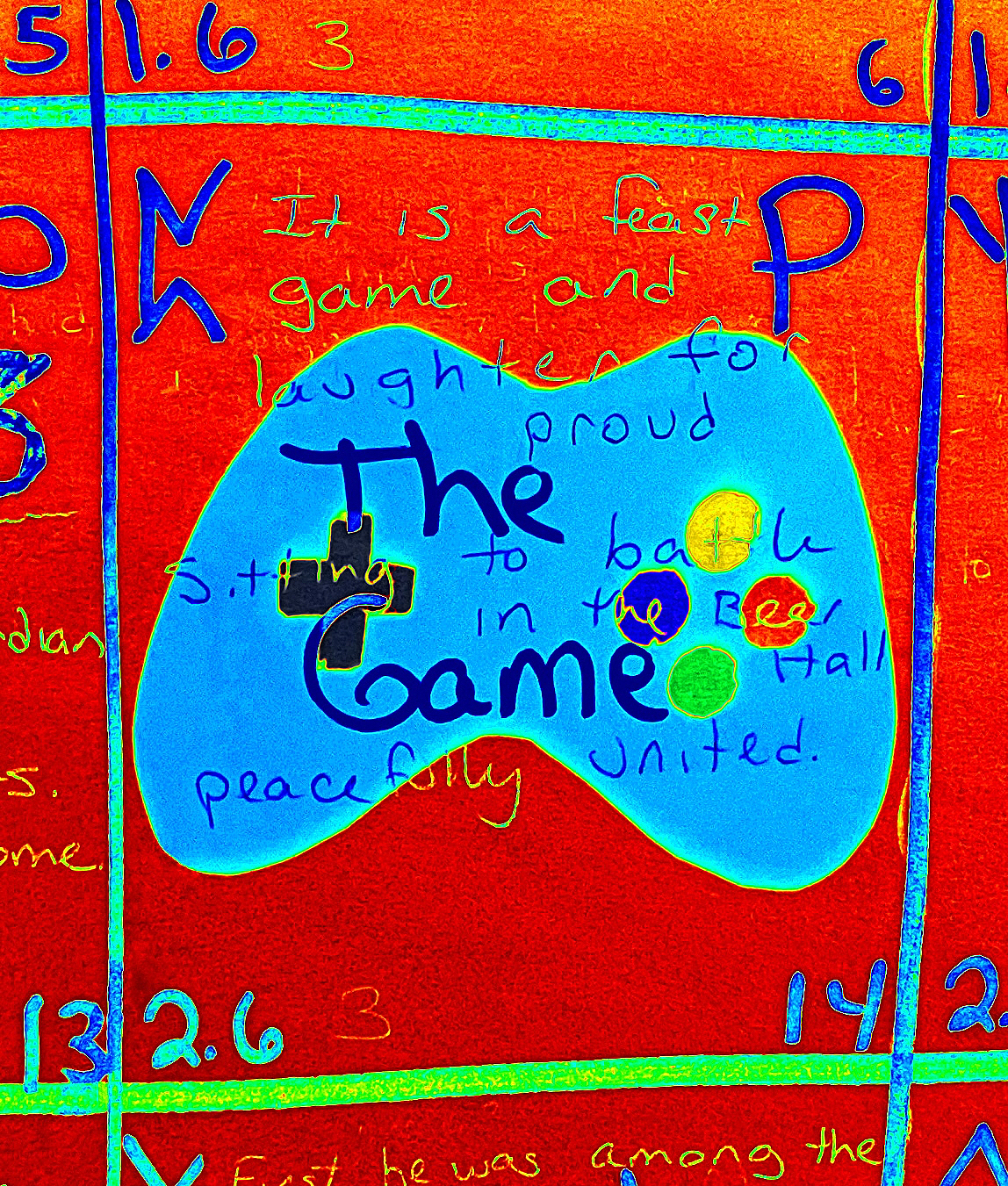
ᛈ byþ symble plega. and hlehter
wlancum ðar wigan sittaþ
on beor sele bliþe æt somne ᛬᛫
It is a feast game and laughter
For proud sitting to battle there
In the beer hall peacefully united.
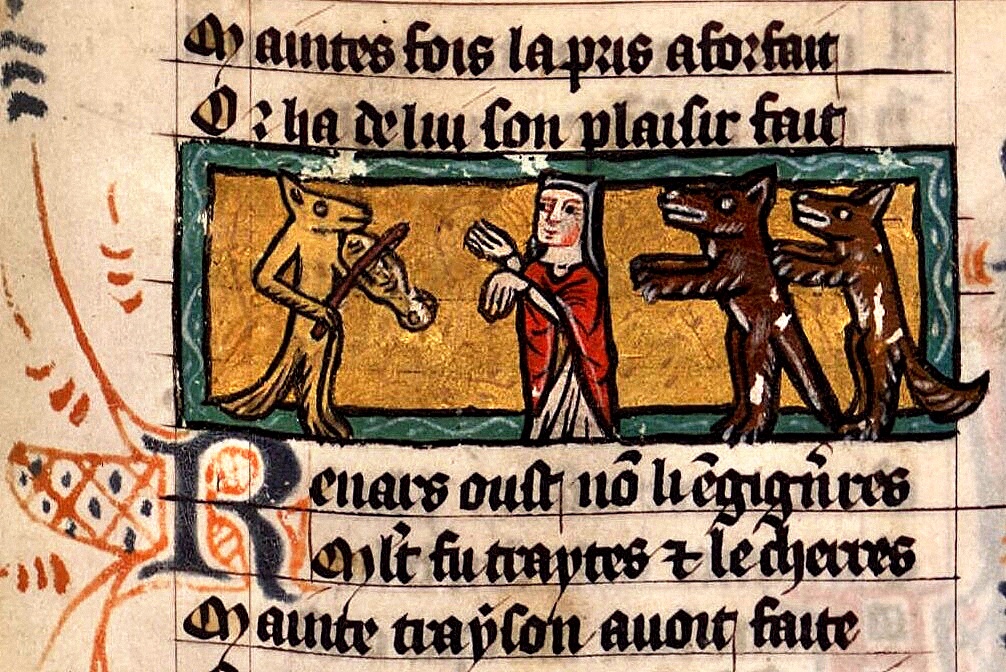

ᛝ wæs ærest mid east denum.
gesewen secgun. oþ he siððan est.
ofer wæg gewat wæn æfter ran.
ðus heardingas ðone hæle nemdun ᛬᛫
First he was among the East Danes
Seen and spoken of, until hereafter he and his bounty eastward
Departed over the waves, his wagon ran after;
Thus the hardy ones named the hero.
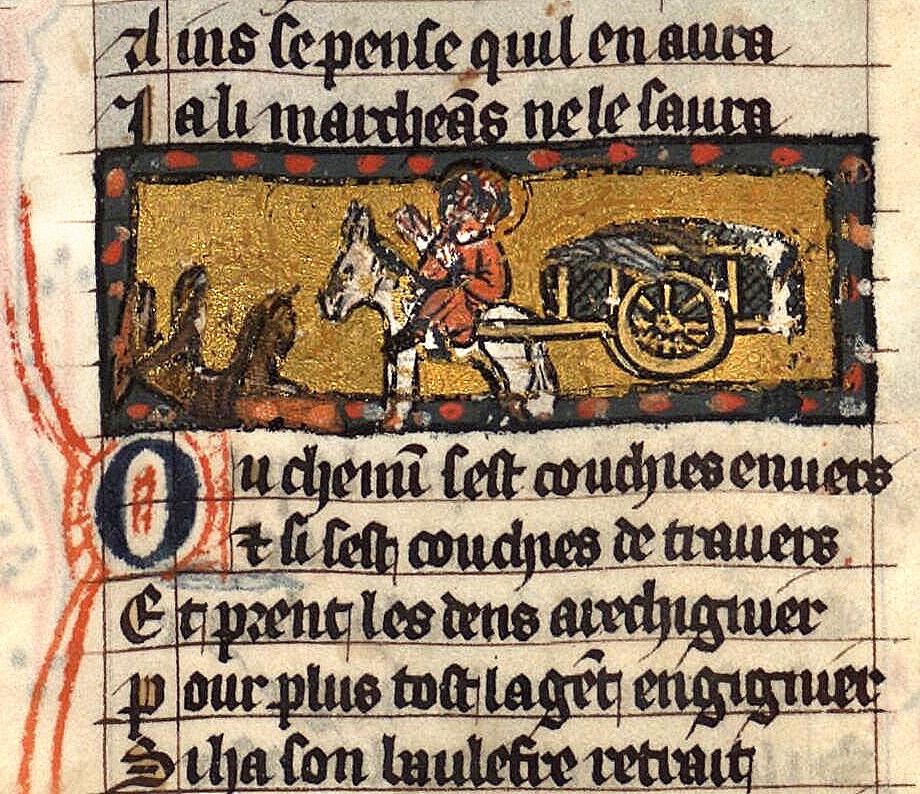
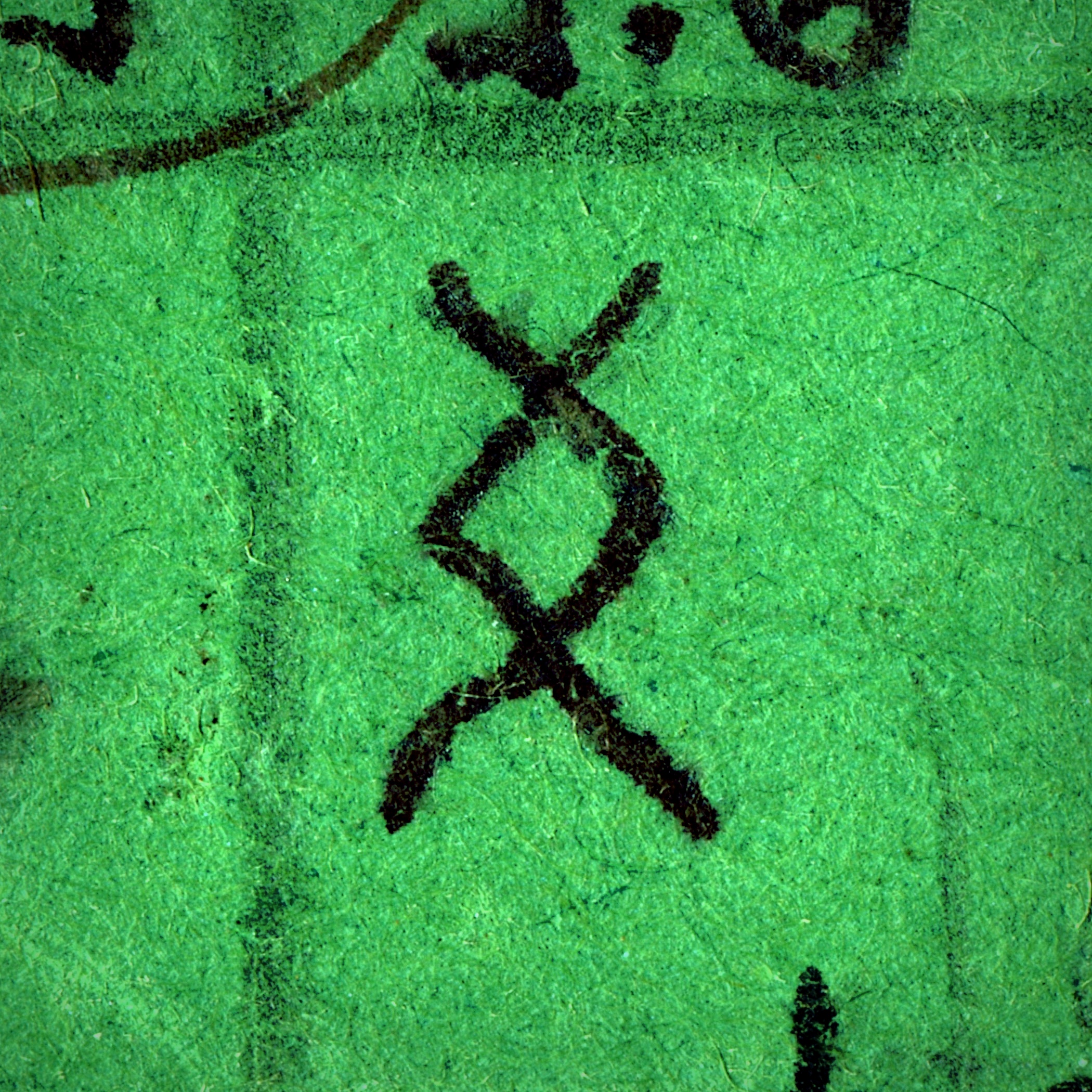
Ing was a deity of prosperity and we remember his abundance in our coins the scilling (shilling) and the feorþing (farthing). In oldest Old English Ing is a word meaning a muggy riverside meadow, the only valuable land for farming in a wild swamp.
Ing left for the east with his cart running after him like a suffix to his word, but in Old English Ing is the suffix running after feminine nouns denoting action: feding = feeding, bletsing = blessing. Ing is also a patronymic suffix used to show family groups, kinds of people or things, or anything belonging to something or someone: deorling = darling (dear-ling), georgling = a child, cyning = king, Centingas = people from Kent. Scyldings = a family name. Ing as a suffix took on more and more uses and we can find Ing actively running behind many words now.
 Has there been an injustice? A lie? Did some ugly thing happen and now everything’s a mess? Go home. Go home right now. Find your happy place. Are you there? Good. Now you can relax and get with your people. Gather them up. Talk it out, ask them what they think is right and what isn’t. You’ll be inspired.
Has there been an injustice? A lie? Did some ugly thing happen and now everything’s a mess? Go home. Go home right now. Find your happy place. Are you there? Good. Now you can relax and get with your people. Gather them up. Talk it out, ask them what they think is right and what isn’t. You’ll be inspired.
